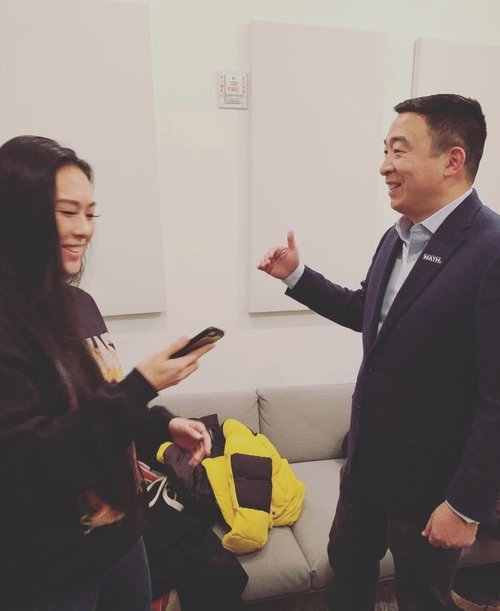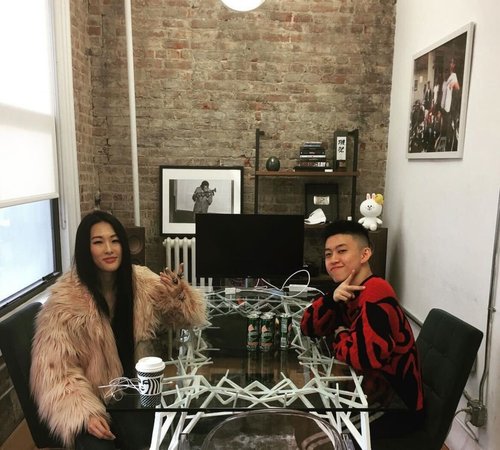NBC Asian America reporter Kimmy Yam writes stories that cover the intersection of race, politics and culture in the AAPI community. She discusses her work, her writing process and shares tips on getting started in community reporting. This interview has been edited for brevity.
What do you do as a reporter for NBC Asian America?
A reporter looks at an event and tries to dissect it and bring out the truth. I try to objectively figure out the truth and make sure we present different sides of the story.
What is your process like for putting together a story?

I get mentally prepared before I pitch a story. If I’m already working on something, I’m mapping out what I need: determining how many experts to talk to, setting up interviews and figuring out an angle.
My interviews always take upwards of 30 minutes. I want them to be 10 minutes, but if the person offers new information, you don’t want to stop the interview.
Sometimes, reporters get into routines with the same story structure or the same quotes. Or sometimes, they look for a certain quote. I’m careful to never do that. I let people speak honestly to me, because the whole point of journalism is to bring truth to the surface. I’m going to take my time. You just have to take a lot of notes and synthesize the information quickly. I think it’s important to approach every single interview with sensitivity, when you’re trying to move a community forward and bring about the best reporting.
I love writing above everything. It’s always been important to me to get better at writing. I’ll go back and reread my work to make sure I’m improving. But revisiting the time period in which a tragic event happens is always painful. Seeing your own community get attacked, or people who look like you getting targeted is always difficult.
What was your career path?
I went to Georgetown University and studied international relations. I think school is really a place to explore topics you may want to write about in the future.
It was always important to me to figure out a career where no two days were the same. I wanted to go into journalism because you get to question a lot of things and examine events on a deeper level. So I did a fellowship at The Huffington Post, where I became an associate editor by age 21.
Do you have any career advice for reporters?

Probably the most critical thing is to continue reading about the subject matter, not just current events. Look at the history and learn what people are doing on the ground. You have to do your due diligence, especially if you are covering a topic that is sensitive and has not been covered in the past. It helps guide the direction of your reporting and tell you what experts you need to reach out to. It also helps you acknowledge significant, sensitive portions of the community that you may have to report on.
Give yourself confidence to write every day. Be able to write consistently and try to get something published. Even if it’s not published, continue to write a couple times a week, whether it’s a blog or an actual outlet, just keep writing. Doing that will give you an edge, because you will have the confidence to write for a publication.
Take care of yourself. It’s important to make sure you have things like health care. Make sure you are paid for your work, even if it’s an internship. I stress that looking out for yourself will ensure you have that stability for longevity in the industry.


